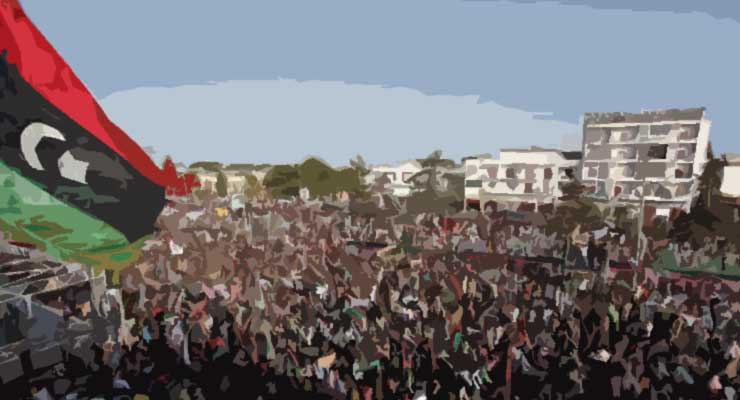
Opposition members inside of Russia have been voicing concern recently about a law that was signed into effect on May 23rd, 2015 that gives Russian Government officials the power to shut down NGOs (Non-Governmental Organizations) they view as “undesirables”, a term that has brought back feelings of the Cold War era. Ultimately this law is a step backwards for Russia whose people are looking to enter into the 21st century and to leave the years of the Cold War behind and to develop into a more modern nation.
“It will restrict freedom of speech and media as well as pluralism of opinions” a spokesperson for the EU Foreign Service said in regard to the passage of the bill.
Putin returned to the Presidency in 2012 after serving from December 1999 until 2008 as Russian President and again, returning to the office in May of 2012 after his hand-picked predecessor Dmitry Medvedev stepped aside.
156 members of the 170 member Russian Parliament voted to approve the measure, which Russian President Vladimir Putin, then signed into law. The move recent is also seen as a way he could consolidate his power and to make it harder for NGO groups to organize dissent inside of Russia. The accusation by the Russian Government is that the NGO’s are being used by Western countries, specifically, the United States as a way to overthrow elected governments. In Putin’s view, the West has used such tactics before in Russia’s sphere of influence during the sweeping Color Revolutions in ex-Soviet Nations of the post-Cold War era.
The Spokesperson for the EU Foreign Service continued in the statement by saying that the law presented a “worrying step in a series of restrictions on civil society, independent media, and political opposition”.
Since Mr. Putin returned to the Presidency, Russia has been playing a much greater role in the world by annexing Crimea in February 2014 after President Viktor Yanukovich was overthrown in a coup d’ tat following moving Ukraine toward Russia in a trade pact (it is also believed that Moscow is backing the rebels in the current civil war in the Ukraine.). Mr. Putin is also backing the Syrian President, Bashar al- Assad whose country is currently mired in a 4 year old civil war which started in March 2011.
The law was introduced by, Konstantin Kosachev who heads Russia’s Federation Council Committee on Foreign Affairs. The official title of the law is the “Patriotic Stop List” which brings up the type of rhetoric that was used during the Cold War against the West.
“Those who give money don’t care how many trees or animals you saved, but they care how many people you can get on the streets when the time comes” Mr. Kosachev’s statement read regarding the passage of the bill. 12 groups already make up the list including half of which have American connections.
“This is a question of National Security” Mr. Kosachev continued in his statement, showcasing the idea that Russia still fears Western aggression, especially inside of the country and also most notably around the former Soviet Union republics, who Russia fear, may move toward the West and away from Moscow.
The American NGOs who were the target of the list include, 1) The Open Society Institute, 2) The National Endowment for Democracy, 3) The International Republican Institute,4) The National Democratic Institute for International Affairs, 5) The MacArthur Foundation and 6) The Freedom House.
One of the groups who are on the list is the Polish NGO, Polish Education for Democracy Education. Their spokeswoman, Justyna Janiszewska, said regarding the ban of her group that, “In my opinion, our presence on that list is strongly connected to our involvement in support of pro-democratic reforms in Ukraine in the recent 2 years.”
Leave a Reply